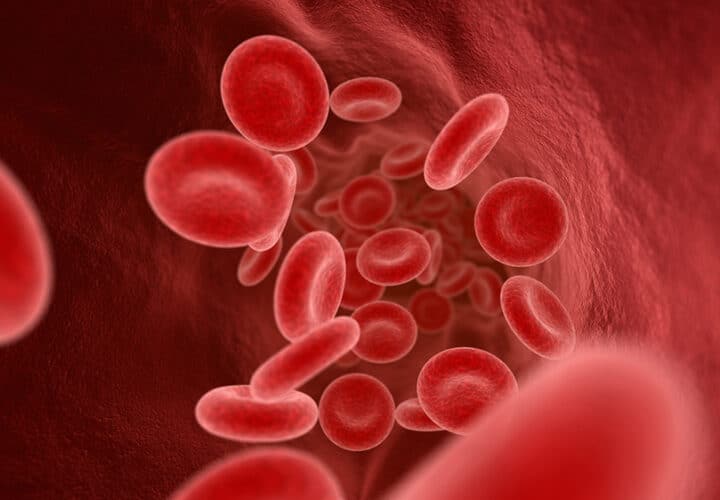A new test to predict Alzheimer’s that analyzes several genes gives a better estimate of whether an adult will develop Alzheimer’s than testing for the presence of ApoE4, the gene seen as the most important risk factor for Alzheimer’s.
ApoE4 is a genetic variation that has long been associated with an increased risk of Alzheimer’s. One copy of the allele increases risk of Alzheimer’s disease by three times. Two copies increase it up to twelvefold. This new genetic test, developed by researchers at UC San Francisco and UC San Diego, checked 31 gene variations, plus ApoE4.
The test, called the polygenic hazard score, predicted how long it took for 1,081 people without dementia to develop Alzheimer’s. Those in the highest risk bracket had the highest incidence of Alzheimer’s, even when they did not carry the ApoE4 gene. The test also predicted the level of cognitive decline a person would experience. Autopsies revealed higher levels of beta-amyloid plaque—a clumpy protein that is a biomarker of Alzheimer’s—among those with a high polygenic hazard score.
Many scientists believe that Alzheimer’s is not necessarily a disease of aging, but rather one that begins decades before symptoms appear. That’s thought to be a reason why so many drugs tested on elderly people have failed. Researchers hope the new test will help identify people who would be the best candidates for clinical trials—those who are at risk, but whose brains have not been consumed by the disease.
Read the full write-up here.


